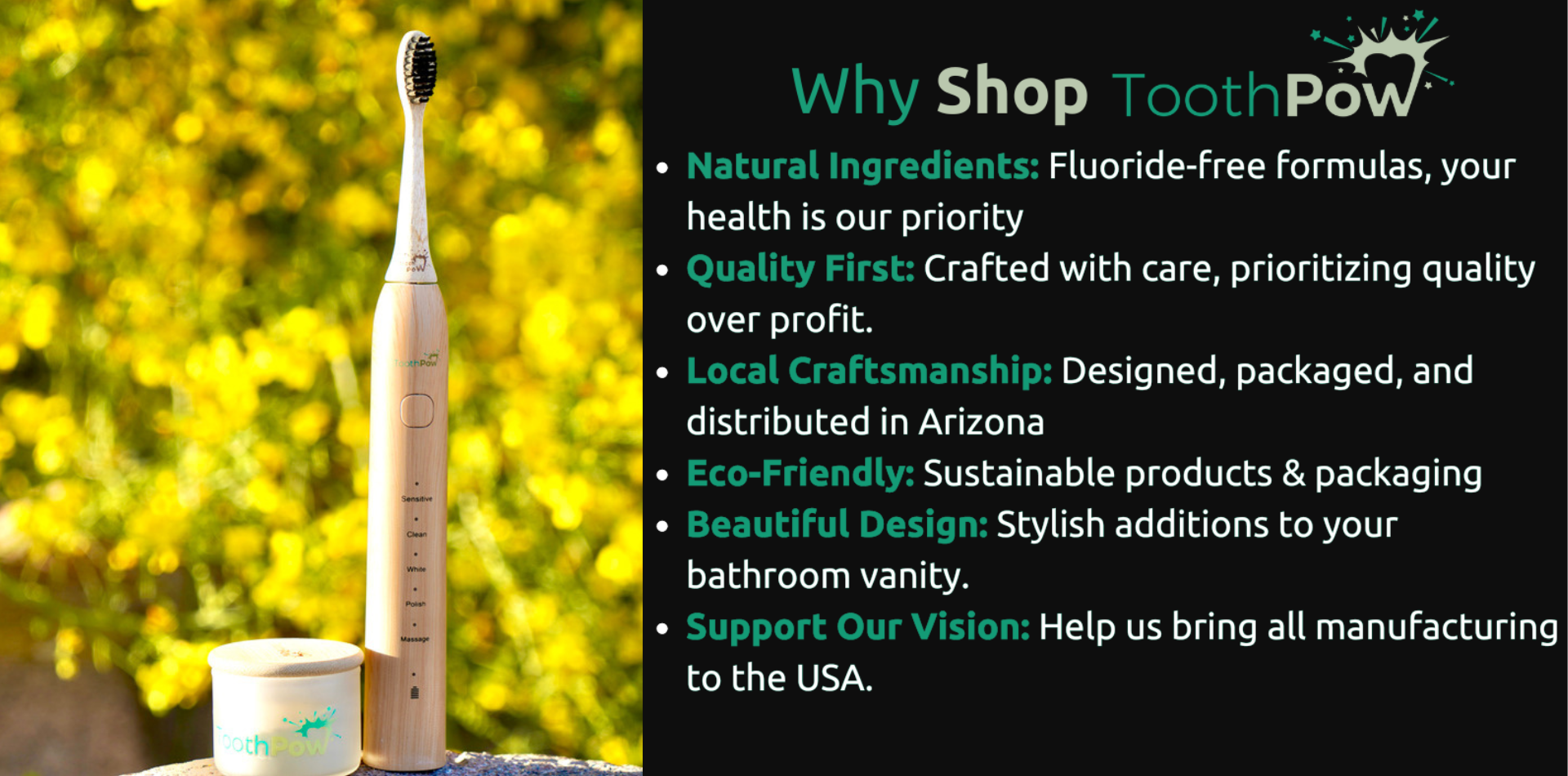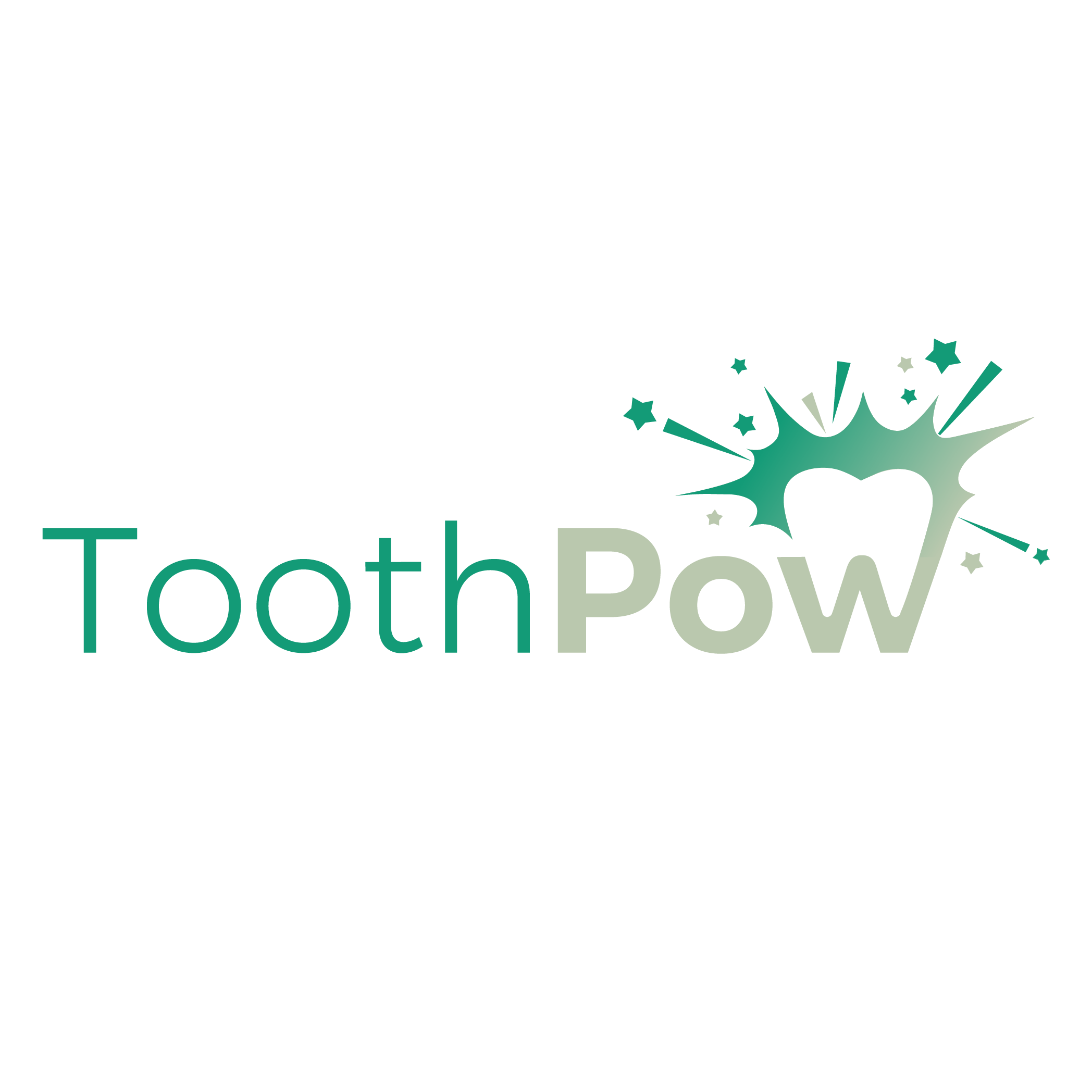Conditions That Make Your Teeth Hurt: Coping with Clenching and More
1. Jaw Clenching and Teeth Grinding
Do you clench your jaw in times of anger, tension, or intense concentration? Your teeth bear some of the brunt of that stress. Over time, clenching and grinding (bruxism) can lead to tooth pain, enamel wear, and even loosening of teeth. This habit often occurs unconsciously, especially during sleep, and can be exacerbated by stress, misaligned bites, or missing teeth. A custom night guard from your dentist can help protect your teeth while you sleep.
Cause:
Bruxism can occur due to stress, anxiety, abnormal bite, or missing teeth. It often happens unconsciously during sleep.
Symptoms:
Sore jaw muscles
Headaches
Tooth sensitivity
Flattened or chipped teeth
Solutions:
Night Guards: Custom-made night guards from your dentist can prevent tooth damage.
Stress Management: Techniques such as meditation, exercise, and therapy can reduce stress and anxiety.
Dental Correction: Addressing bite issues or replacing missing teeth can help.
Home Remedies:
Warm compresses on the jaw to relieve muscle pain.
Avoiding hard foods to prevent further stress on teeth.
2. Overusing Oral Rinses
Swishing with mouthwash multiple times a day may give you a deep clean, but it can come with a downside: sensitive teeth. Some mouthwashes contain acids that can damage your dentin, the middle layer of your teeth, leading to increased sensitivity. It's important to use mouthwash as directed and opt for alcohol-free, pH-balanced rinses to avoid this issue.
Cause:
Frequent use of acidic mouthwashes can erode enamel and expose dentin, leading to sensitivity.
Symptoms:
Tooth sensitivity
Mild to sharp pain when consuming hot, cold, or sweet foods and drinks
Solutions:
Switch Mouthwashes: Use alcohol-free, pH-balanced mouthwashes.
Limit Use: Follow the instructions and avoid overuse.
Home Remedies:
Rinsing with a mixture of baking soda and water to neutralize acids.
Using a soft-bristled toothbrush to minimize enamel wear.
3. Intense Physical Training
Studies on triathletes show that endurance training can wear down your tooth enamel. The more intense the workout schedule, the more likely they were to have cavities. This could be due to changes in saliva production during intense exercise, which can affect oral health. Staying hydrated and maintaining good oral hygiene can help mitigate these effects.
Cause:
Intense exercise can reduce saliva flow, altering the mouth's pH balance and increasing the risk of enamel erosion.
Symptoms:
Tooth sensitivity
Increased risk of cavities
Solutions:
Stay Hydrated: Drink plenty of water before, during, and after exercise.
Chew Sugar-Free Gum: Stimulates saliva production.
Home Remedies:
Use remineralizing toothpaste to strengthen enamel.
Avoid acidic sports drinks.
4. Sinus Infections
Pain in your upper back teeth might be a sign of a sinus infection. The roots of your upper teeth are close to your sinus cavities, so sinus pressure and infection can cause tooth pain. If you have sinus symptoms like congestion or facial pain along with tooth pain, treating the sinus infection may alleviate the toothache.
Cause:
Sinus infections can cause pressure in the sinus cavities, which are located near the upper back teeth, leading to referred pain.
Symptoms:
Pain in the upper teeth and jaw
Nasal congestion
Facial pain and pressure
Solutions:
Treat the Sinus Infection: Use decongestants, antihistamines, or antibiotics as prescribed.
Saline Rinses: Help clear nasal passages.
Home Remedies:
Steam inhalation to relieve sinus pressure.
Warm compresses on the face.
5. Pregnancy
Pregnancy may have you seeing more “pink in the sink,” or blood when you brush. Hormonal changes during pregnancy can lead to increased blood flow to the gums, making them more sensitive and prone to gingivitis. Pregnant women are also at a higher risk for cavities, so regular dental checkups are crucial during this time.
Cause:
Hormonal changes during pregnancy can increase blood flow to the gums, making them more sensitive and prone to gingivitis.
Symptoms:
Swollen, bleeding gums
Increased risk of cavities
Tooth sensitivity
Solutions:
Regular Dental Checkups: Schedule more frequent visits to monitor oral health.
Good Oral Hygiene: Brush twice daily and floss regularly.
Home Remedies:
Rinse with salt water to reduce gum inflammation.
Avoid sugary snacks to prevent cavities.
6. Temporomandibular Joint (TMJ) Disorders
Your temporomandibular joint (TMJ) connects your lower jaw to your skull. When any part of your TMJ isn’t working correctly due to injury, arthritis, or other issues, it can cause pain when chewing and jaw discomfort. TMJ disorders can lead to chronic pain in the jaw and teeth, and a dentist or TMJ specialist can provide treatment options such as physical therapy, medication, or bite guards.
Cause:
TMJ disorders can result from injury, arthritis, or misalignment of the jaw joint, leading to pain and dysfunction.
Symptoms:
Pain or tenderness in the jaw
Difficulty chewing
Clicking or popping sounds when opening the mouth
Solutions:
Physical Therapy: Exercises to strengthen jaw muscles.
Medications: Anti-inflammatory drugs or muscle relaxants.
Home Remedies:
Avoid chewing gum and hard foods.
-
Apply warm compresses to the jaw.

7. Nerve Damage
A condition called trigeminal neuralgia could be at the root of your tooth problem. This condition causes chronic nerve pain in one of the head's nerves, often triggered by brushing, eating, or drinking. If you experience sharp, severe pain in your teeth or face, consult a healthcare professional for diagnosis and management.
Cause:
Trigeminal neuralgia causes chronic nerve pain in the trigeminal nerve, often triggered by mild stimulation such as brushing teeth.
Symptoms:
Severe, sudden facial pain
Pain triggered by eating, drinking, or touching the face
Solutions:
Medications: Anticonvulsants or muscle relaxants.
Surgery: In severe cases, surgical options are available.
Home Remedies:
Avoid triggers that cause pain.
Gentle brushing techniques.
8. Heart Problems
Upper body pain can be a symptom of a heart attack. Discomfort in your shoulders, neck, jaw, or teeth, especially when accompanied by other symptoms like sweating, heart palpitations, nausea, chest pain, or shortness of breath, could indicate a cardiac issue. Seek immediate medical attention if you suspect a heart attack.
Cause:
Pain in the teeth or jaw can sometimes be a symptom of a heart attack or other cardiac issues.
Symptoms:
Pain in shoulders, neck, jaw, or teeth
Accompanied by sweating, nausea, or shortness of breath
Solutions:
Immediate Medical Attention: Seek emergency help if you suspect a heart attack.
Regular Checkups: Monitor heart health, especially if you have a history of cardiac issues.
Home Remedies:
Maintain a healthy lifestyle to support heart health.
Regular exercise and a balanced diet.
9. Teeth Whitening Sensitivity
Dealing with dingy teeth by bleaching? Teeth whitening treatments can cause temporary sensitivity and irritation. This typically starts a few days into the treatment and can subside after a few more days. Using products designed for sensitive teeth and following the manufacturer’s instructions can help minimize discomfort.
Cause:
Teeth whitening treatments can temporarily increase tooth sensitivity due to the bleaching agents used.
Symptoms:
Throbbing or sharp pain in teeth
Gum irritation
Solutions:
Use Desensitizing Products: Toothpaste designed for sensitive teeth.
Follow Instructions: Use whitening products as directed.
Home Remedies:
Avoid hot or cold foods immediately after whitening.
Use a soft-bristled toothbrush.
10. Receding Gums
When gums recede, they pull back the protective layer over your teeth’s nerves and leave them aching. Gum recession can be a sign of periodontal disease, which requires professional dental treatment. Look for symptoms like teeth that appear longer, pus, mouth sores, bad breath, or bleeding gums.
Cause:
Gum recession exposes the roots of the teeth, leading to increased sensitivity and risk of decay.
Symptoms:
Teeth appearing longer
Sensitivity to hot, cold, or sweet foods
Bleeding gums
Solutions:
Professional Treatment: Scaling and root planing or gum grafts.
Good Oral Hygiene: Brush gently with a soft-bristled brush.
Home Remedies:
Rinse with salt water to reduce inflammation.
Use a fluoride toothpaste to strengthen exposed roots.
11. Oral Cancer
Oral cancer can show up with persistent mouth or tooth pain. Though rare, tumors pressing on facial nerves can cause symptoms similar to trigeminal neuralgia. Regular dental checkups and prompt evaluation of persistent pain are crucial for early detection and treatment.
Cause:
Oral cancer can cause persistent mouth or tooth pain, often accompanied by other symptoms.
Symptoms:
Persistent pain in the mouth or teeth
Sores that do not heal
Unexplained bleeding or numbness
Solutions:
Regular Screenings: Early detection is crucial.
Professional Treatment: Surgery, radiation, or chemotherapy.
Home Remedies:
Maintain a healthy diet rich in fruits and vegetables.
Avoid tobacco and limit alcohol consumption.
12. Acidic Diet
Foods high in acid wear away enamel and leave teeth less protected. Top culprits include hard sugar candies, coffee, citrus fruits, and soda. Limiting acidic foods and beverages and following a balanced diet can help maintain enamel health and reduce sensitivity.
Cause:
Frequent consumption of acidic foods and beverages can erode tooth enamel, leading to sensitivity.
Symptoms:
Tooth sensitivity
Increased risk of cavities
Solutions:
Dietary Changes: Reduce intake of acidic foods and drinks.
Rinse with Water: After consuming acidic foods.
Home Remedies:
Use a straw to minimize contact with teeth.
Chew sugar-free gum to stimulate saliva production.
13. Frequent Vomiting
Conditions like GERD, pregnancy, chronic alcoholism, and bulimia can lead to tooth damage from frequent vomiting. Stomach acid erodes enamel, leading to decay and sensitivity. Managing underlying conditions and practicing good oral hygiene can help protect your teeth.
Cause:
Conditions like GERD, pregnancy, chronic alcoholism, and bulimia can lead to tooth damage from stomach acid exposure.
Symptoms:
Tooth sensitivity
Erosion of enamel
Increased risk of cavities
Solutions:
Treat Underlying Conditions: Manage GERD, seek help for bulimia, and avoid excessive alcohol consumption.
Good Oral Hygiene: Rinse with water after vomiting and use fluoride treatments.
Home Remedies:
Baking soda rinse to neutralize acid.
Chew sugar-free gum to stimulate saliva production.
14. Dehydration
Not drinking enough water can put your teeth at risk. Water helps wash away food particles and bacteria and, if fluoridated, strengthens teeth. Staying hydrated is essential for maintaining oral health.
Cause:
Not drinking enough water can reduce saliva flow, leading to dry mouth and increased risk of decay and sensitivity.
Symptoms:
Dry mouth
Tooth sensitivity
Bad breath
Solutions:
Stay Hydrated: Drink plenty of water throughout the day.
Saliva Substitutes: Use over-the-counter products if necessary.
Home Remedies:
Chew sugar-free gum to stimulate saliva production.
Avoid caffeine and alcohol, which can dehydrate you.
Conclusion
Understanding the various conditions that can cause tooth pain and taking proactive steps to address them is crucial for maintaining good oral health. Regular dental checkups, proper oral hygiene, and addressing underlying health issues can help prevent and manage tooth pain effectively.
For more detailed insights and recommendations, explore our comprehensive articles and guides on the ToothPow blog.


